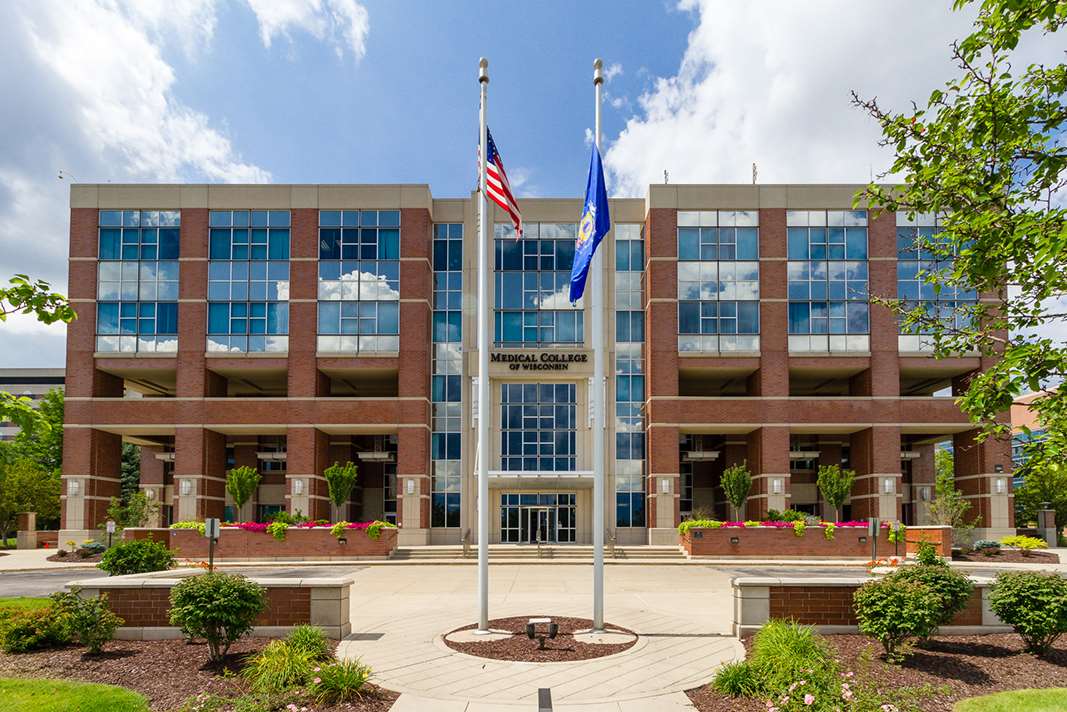Jorge Saucedo, MD, MBA Appointed Chief of Cardiovascular Medicine at the Medical College of Wisconsin
Dr. Saucedo will also be Director of the Froedtert & Medical College of Wisconsin Heart and Vascular Service Line
Milwaukee, Aug. 20, 2018 – Jorge Saucedo, MD, MBA, joined the Medical College of Wisconsin (MCW) as Chief of Cardiovascular Medicine in the Department of Medicine, as well as professor of medicine and MCW Eminent Scholar, on July 16, 2018. He also serves as Director of the Froedtert & MCW Heart and Vascular Service Line. Dr. Saucedo is board-certified in internal medicine, cardiovascular disease and interventional cardiology, and he provides care for the full scope of cardiac conditions. Dr. Saucedo most recently was head of the Division of Cardiology and co-director of the Cardiovascular Institute at NorthShore University HealthSystem in northern Illinois. He also held the Allstate Foundation Judson B. Branch Chair of Cardiology and was professor of medicine at the University of Chicago Pritzker School of Medicine.
Dr. Saucedo is an accomplished academic cardiologist. A graduate of the Universidad Nacional Autonoma de Mexico in Mexico City, he completed training in internal medicine at the National Institute of Nutrition and fellowships in cardiology and interventional cardiology at National Institute of Cardiology in Mexico, the University of Michigan in Ann Arbor and Washington Hospital Center in Washington D.C.
He then joined the faculty at the University of Arkansas for Medical Sciences, where he served as director of the cardiac catheterization laboratories at the university and the John L. McClellan Veterans Affairs Medical Center. While in Arkansas, he also received an MBA from the University of Arkansas at Little Rock College of Business. From 2002 to 2013, Dr. Saucedo held numerous positions at the University of Oklahoma Health Sciences Center, including professor of medicine, vice-chief of clinical affairs in the Division of Cardiology and director of the Cardiac Catheterization Laboratories.
In June 2013, he became head of the Division of Cardiology and co-director of the Cardiovascular Institute at NorthShore University HealthSystem in northern Illinois. There he led impressive growth and expansion of cardiology, developing 13 new programs, including advanced heart failure, transcatheter mitral valve replacement, vascular medicine and a cardiology fellowship training program.
About the Medical College of Wisconsin
With a history dating back to 1893, The Medical College of Wisconsin is dedicated to leadership and excellence in education, patient care, research and community engagement. More than 1,200 students are enrolled in MCW’s medical school and graduate school programs in Milwaukee, Green Bay, and Central Wisconsin. MCW’s School of Pharmacy opened in 2017. A major national research center, MCW is the largest research institution in the Milwaukee metro area and second largest in Wisconsin. In FY2016, faculty received more than $184 million in external support for research, teaching, training and related purposes. This total includes highly competitive research and training awards from the National Institutes of Health (NIH). Annually, MCW faculty direct or collaborate on more than 3,100 research studies, including clinical trials. Additionally, more than 1,500 physicians provide care in virtually every specialty of medicine for more than 525,000 patients annually.
NOTE: This press release was submitted to Urban Milwaukee and was not written by an Urban Milwaukee writer. While it is believed to be reliable, Urban Milwaukee does not guarantee its accuracy or completeness.
Recent Press Releases by Medical College of Wisconsin
Midwests Only Holistic Brain Injury Treatment Program for Military Veterans and First Responders Adds Staff, Space Due to Rapid Growth
Dec 8th, 2025 by Medical College of WisconsinThe BRAVE program outgrows its initial space in less than two years.
Audaxity Bike Ride Raises More Than $1 Million to Accelerate Cancer Research at the Medical College of Wisconsin Cancer Center
Nov 13th, 2025 by Medical College of WisconsinFunds from the inaugural community ride will help turn discoveries into new cancer treatments, train future physician-scientists, and expand community-driven research efforts.























